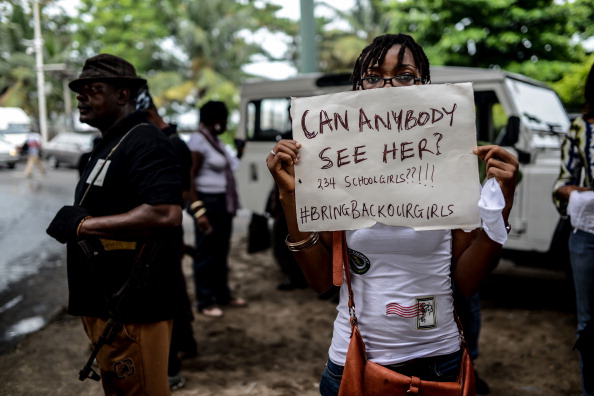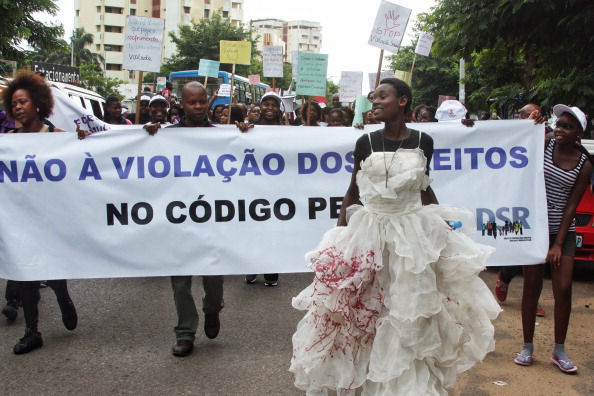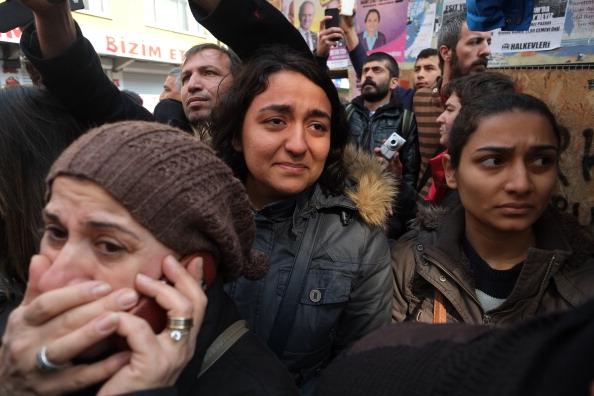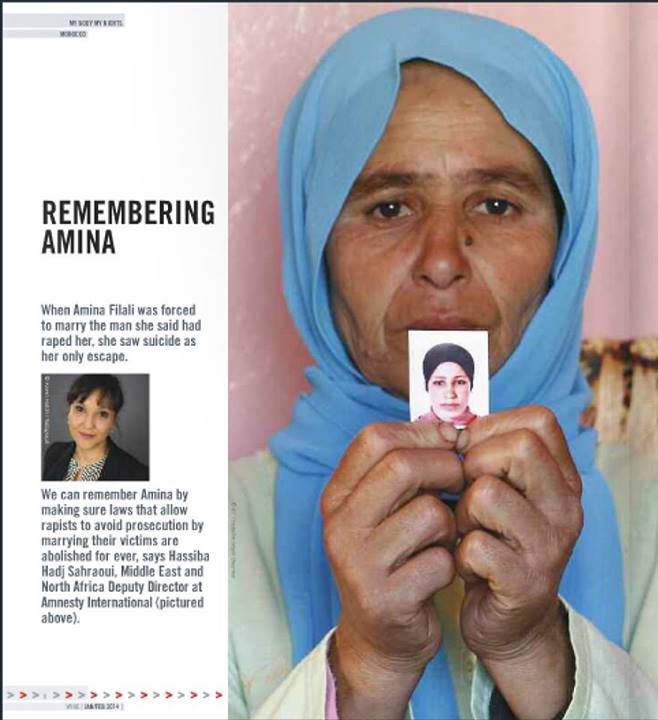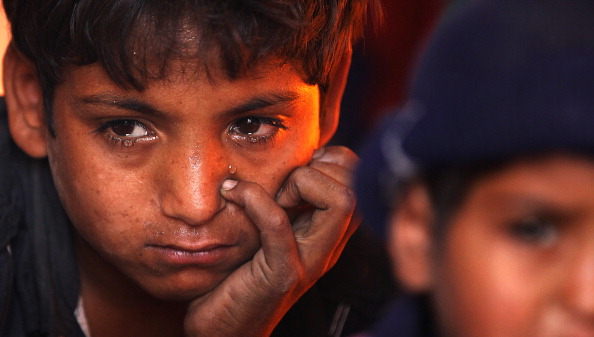
This piece originally appeared in Al Jazeera English’s Opinion Section under the name: “Nigeria: A Serious Test of Stability.”
By Salil Shetty, Amnesty International Secretary General
As Nigeria takes centre stage hosting the World Economic Forum on Africa, events in recent weeks have tarnished its image as a country that has come of age.
In April, as Africa’s most populous nation assumed the presidency of the United Nations Security Council and chairmanship of the African Union’s Peace and Security Council, news came that Nigeria had also outstripped South Africa to become the continent’s largest economy.
